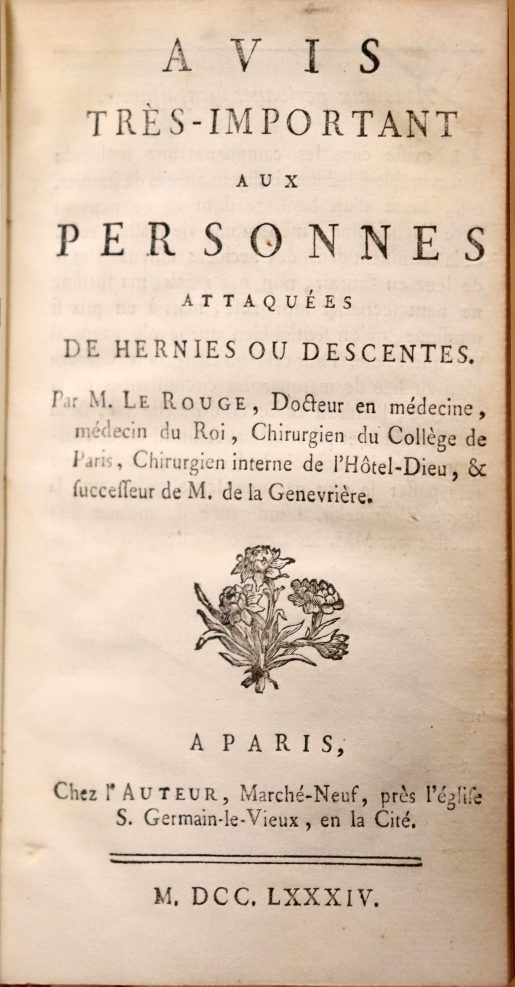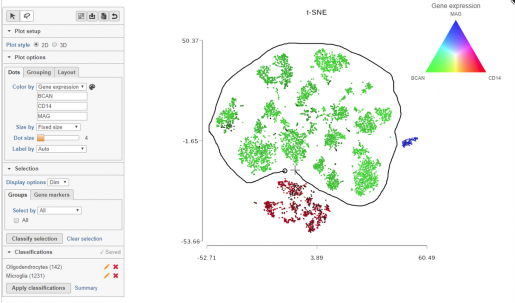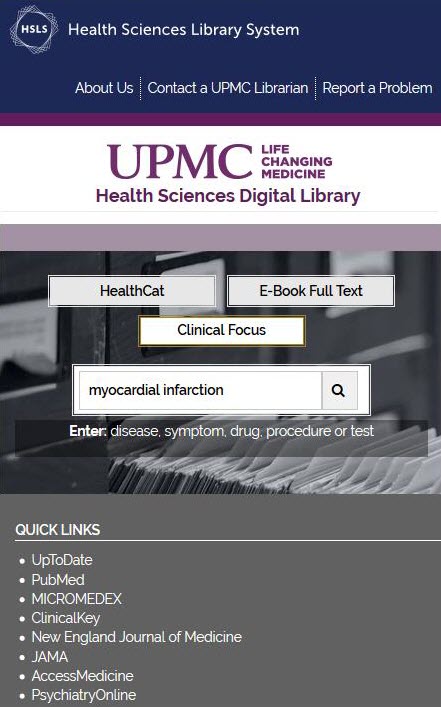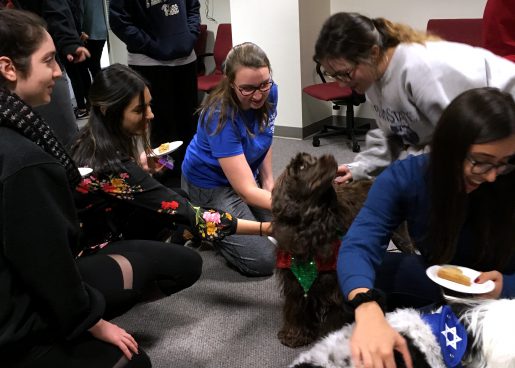There are two approaches to literature searching: improvised discovery, and structured query, each with corresponding online platforms. Discovery is fast and generates ideas, but is generally not reproducible, since it does not use controlled vocabularies. This limits its use for systematic reviews or other published research, for example. Building a query to find citable new evidence is time-consuming, but structured searches using controlled vocabularies are reproducible. Before starting a search in either type, consider your purpose: are you generating ideas? Or documenting reproducible methods? Both methods have value, and HSLS librarians can help you fit both into your research workflow.
New discovery search engines use semantics and artificial intelligence as alternatives to traditional indexing. Additionally, they search the full text of documents, rather than the title and abstract only, resulting in larger but more precise retrieval than traditional title/abstract databases. Their interactive dashboards are optimized for on-the-fly analysis. Try the following three products as examples of current discovery search tools.

LENS.org, in six languages, integrates global patent data, regulatory and business data, and scholarly medical literature using both indexing and artificial intelligence. It is completely free to all users. Special filters or “lenses” help searchers identify and analyze various aspects of research, such as the impact of publications on global patents, using its PatCite tool. The structured Scholar Search interface offers filters that retrieve specific funding agencies, or biological sequences in patents (see PatSeq tool). All data sources are open and freely accessible by anyone.

Dimensions from Digital Science incorporates natural language processing, machine learning, and artificial intelligence in its search of over 50 million full-text publications, preprints and other documents. Dimensions connects multiple data sources from the complete research lifecycle, enabling robust research analysis. The free version links publications, citations, and altmetrics, with the dashboard supporting analysis of researchers, fields of research, institutions, locations, and research metrics. Because Digital Science owns ReadCube, Figshare and other research services, expect related links. Its weakness may be its restriction to the NIH Relative Citation Ratio (RCR) research indicator, which applies only to NIH and PubMed publications.

Semantic Scholar from the Allen Institute of Artificial Intelligence was developed to make highly cited papers easily accessible to academics. Machine learning and artificial intelligence are used to search over 40 million papers, presentations and conferences indexed in PubMed, Springer Nature, Frontiers, Science, MIT Press, Clinical Trials, IEEE, and other sources. Enter search terms or a title, and Semantic Scholar produces a concise list of relevant results. A simple layout, PubMed filters and links to “Highly Influential Citations” and “PDFs” makes it easy to review and save references. A recent review available in JMLA has additional details.
Research discovery may be faster and more effective using one of these tools. Find your favorite and experiment! If you have any questions, please feel free to contact Andrea Ketchum, at ketchum@pitt.edu or 412-648-9757.
~Andrea Ketchum





 We know very little about the author of an unusual book on hernia found in the Falk Library Rare Book Collection. Jean Pierre Le Rouge was a surgeon at the College of Surgeons in Paris and at the Hôtel-Dieu in the second half of the 18th century and was the author of two books on hernias. He had 17 years of experience working at the biggest hospital in Paris, Hôtel-Dieu, when he published his first popular work Avis très important aux personnes attaquées de hernies ou descentes [Translation: Very important notice to people attacked by hernia] in 1784. A year later, in 1785, his thesis Dissertatio anatomico-chirurgica de perfecta inguinalis herniae simplicis curatione [Translation: Thesis on the treatment of inguinal hernia] appeared. Both books are very scarce.
We know very little about the author of an unusual book on hernia found in the Falk Library Rare Book Collection. Jean Pierre Le Rouge was a surgeon at the College of Surgeons in Paris and at the Hôtel-Dieu in the second half of the 18th century and was the author of two books on hernias. He had 17 years of experience working at the biggest hospital in Paris, Hôtel-Dieu, when he published his first popular work Avis très important aux personnes attaquées de hernies ou descentes [Translation: Very important notice to people attacked by hernia] in 1784. A year later, in 1785, his thesis Dissertatio anatomico-chirurgica de perfecta inguinalis herniae simplicis curatione [Translation: Thesis on the treatment of inguinal hernia] appeared. Both books are very scarce.


